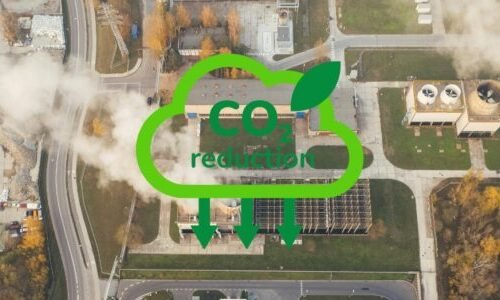We are committed to minimizing the environmental impact of both our operations and those of our clients, focusing on renewable energy solutions and CO2 reduction.
Our facilities use our own biomass raw material as a fuel for the heat to dry the raw biomass and electricity for the equipment. For each ton of pellets, we use up to 105kWh of electricity. Using the Philippines DOE’s 2015-2017 National Grid Factor of 0.0007122 tCO2/kWh means the electricity we use to make one ton of pellets emits just 0.075 tCO2.
Compared with fossil fuels: *
1 ton of coal = 2.38 – 3.47 tCO2
1 ton of diesel = 3.15 tCO2
1 ton of bunker oil = 3.01 tCO2
1 ton of LPG = 3.15 tCO2
- Source: engineeringtoolbox.com. The logistical impact in collecting and delivering our pellets against that of the fossil fuels can only be fully assessed on a case-by-case basis, but it is likely to be similar or less than that of fossil fuels.
Notably, our pellets only have trace quantities of sulfur, unlike fossil fuels, which can contain up to 2% sulfur, contributing to acid rain.
Philippine coal typically has >1% sulfur content; however, most industrial coal licenses restrict the sulfur to 0.8%. The result is commonly burning a blend of 65% Philippine coal and 35% low sulfur Indonesian coal. However, if our pellets are introduced, then this could be changed to 80% Philippine coal and 20% Pellets.
While compared with fossil fuels, burning our pellets substantially removes the majority of CO2 & SO2 emissions, we are not stopping there and are already working on future initiatives to lessen our environmental impact further.
We are working with a waste recovery partner to utilize electricity generated from methane produced from a waste material bio-digester. Investigating opportunities to utilize biomass waste from industrial partners as a raw material. The use of a partner’s proposed fleet of electric trucks for the delivery of our pellets.






Comments are closed